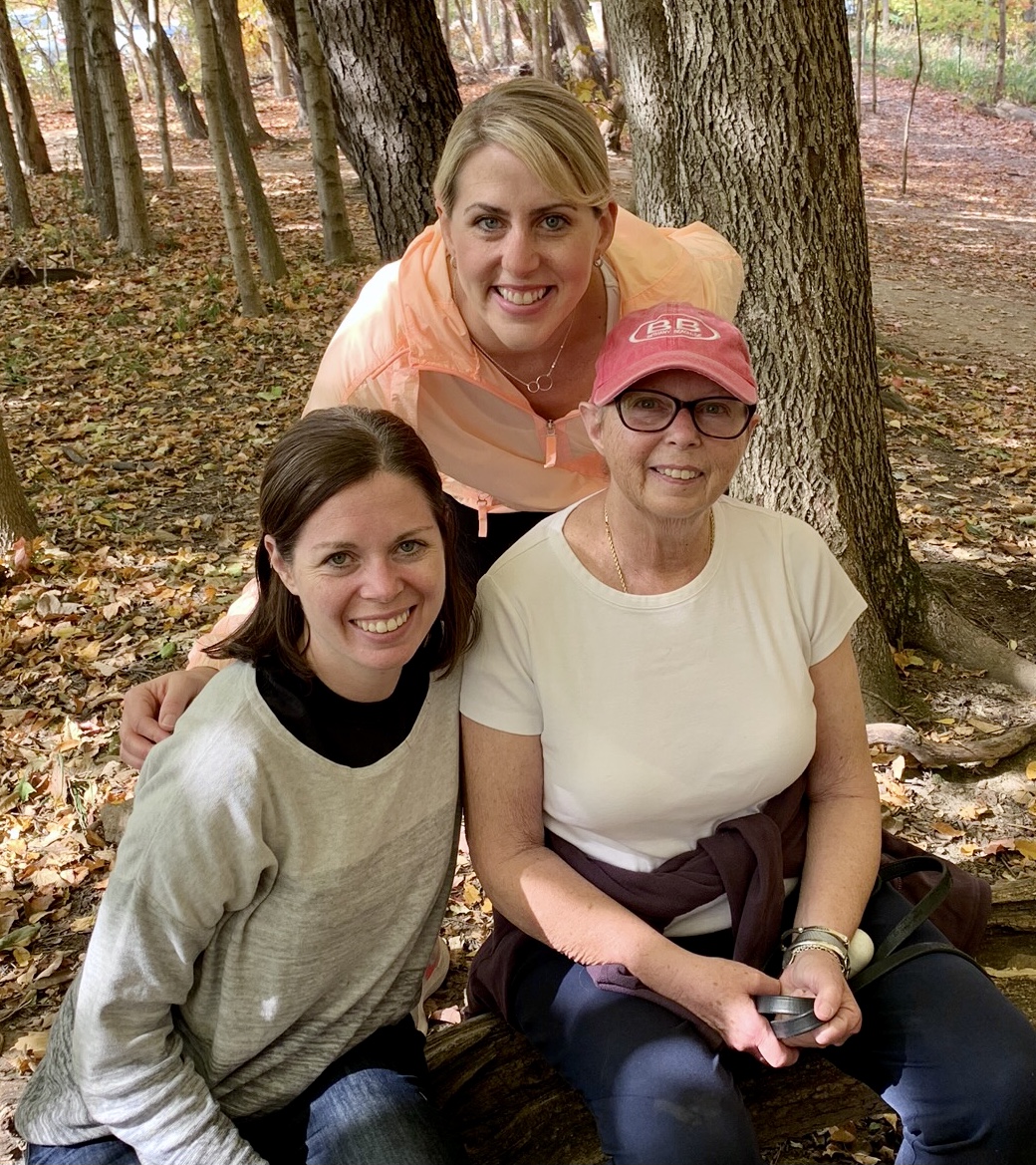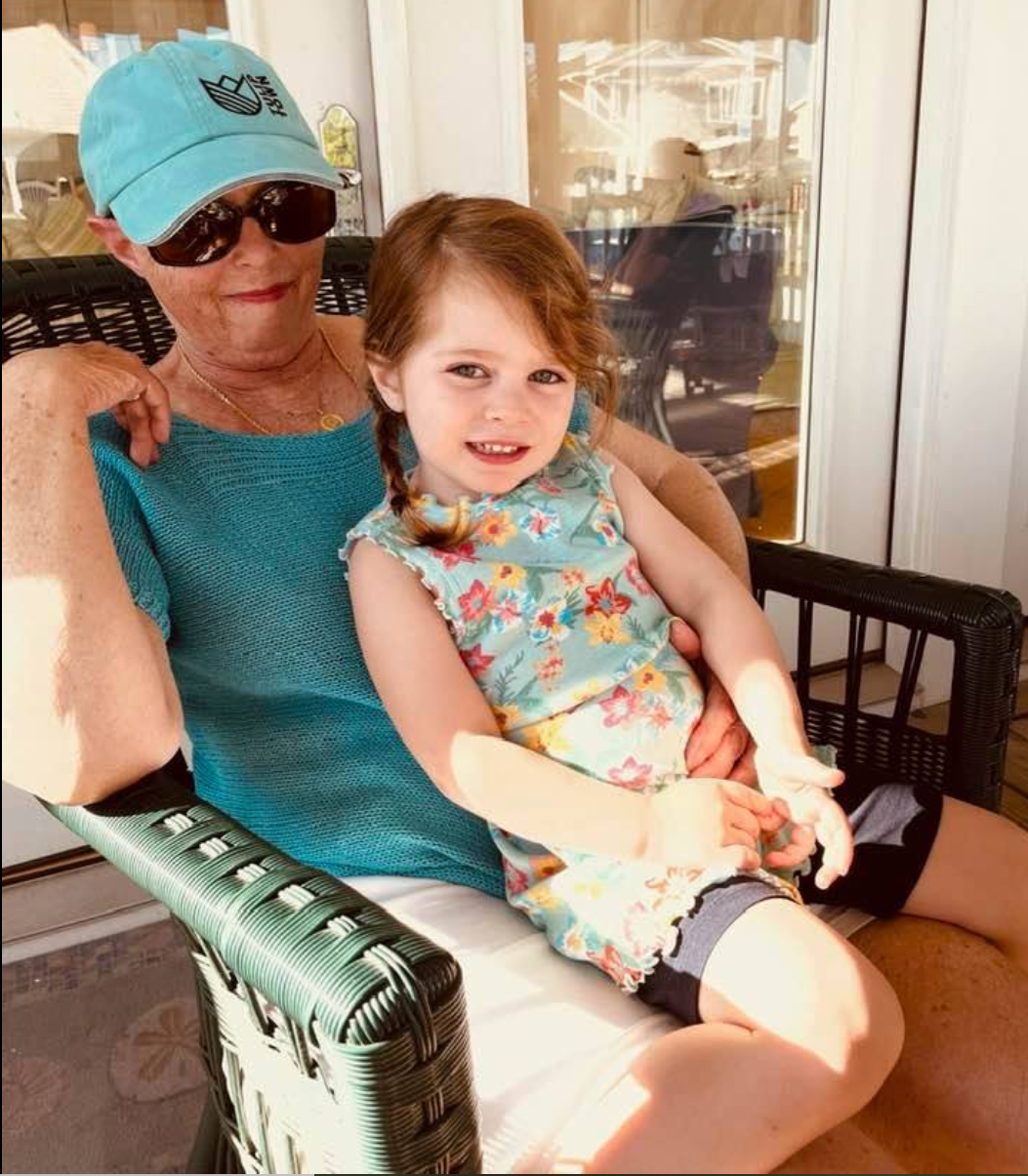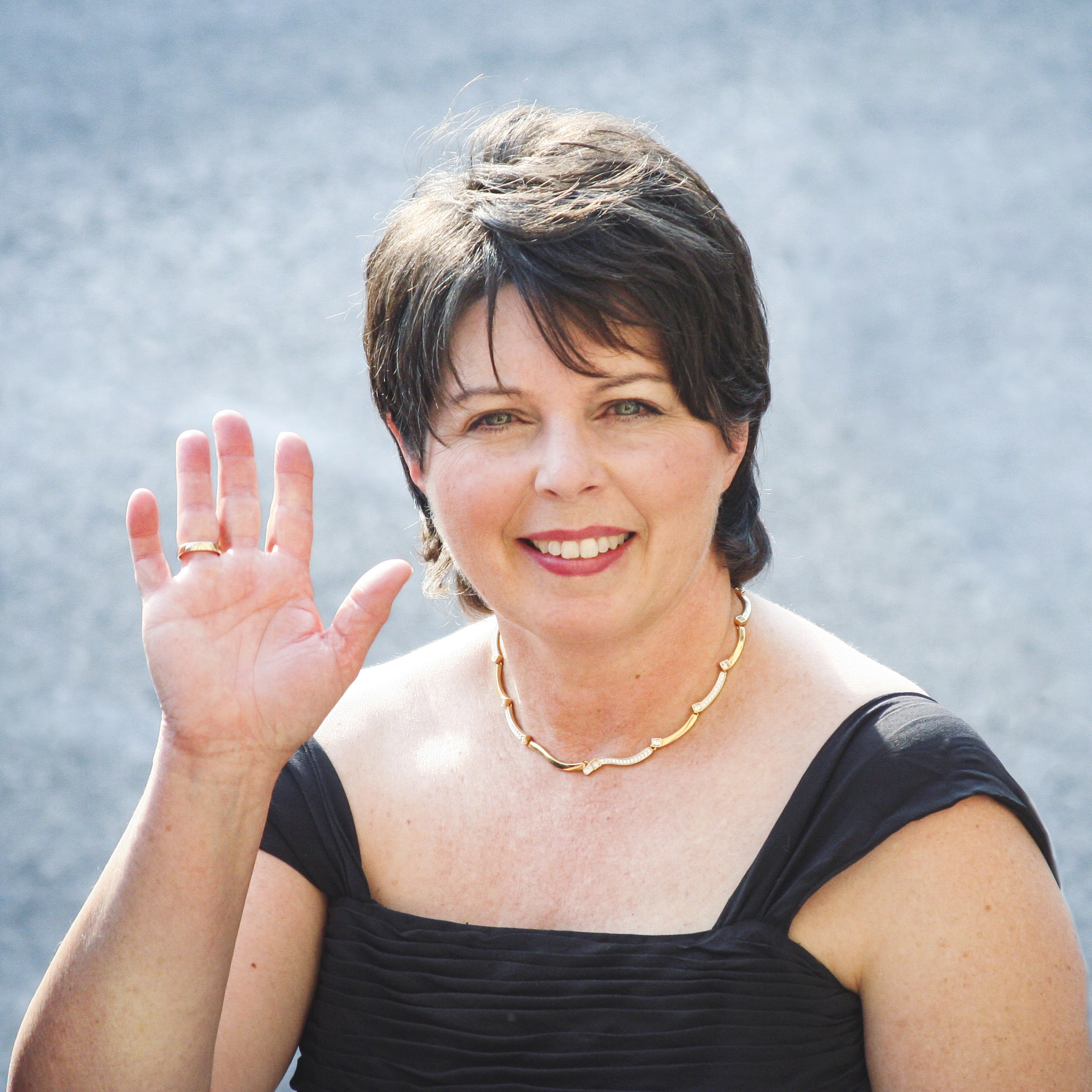Tall, dark, handsome, funny, kind, great with kids, six-figure salary, a harsh but fair critic of my creative output … the list of things people want from their spouses and partners has grown substantially in recent decades. So argues Eli Finkel, a professor of social psychology at Northwestern University in his book, The All-or-Nothing Marriage.
As Finkel explains, it’s no longer enough for a modern marriage to simply provide a second pair of strong hands to help tend the homestead, or even just a nice-enough person who happens to be from the same neighborhood. Instead, people are increasingly seeking self-actualization within their marriages, expecting their partner to be all things to them. Unfortunately, that only seems to work if you’re an Olympic swimmer whose own husband is her brusque coach. Other couples might find that career-oriented criticism isn’t the best thing to hear from the father of your 4-year-old. Or, conversely, a violinist might simply have a hard time finding a skilled conductor—who also loves dogs and long walks on the beach—on Tinder.
I spoke with Finkel about how to balance this blend of expectations and challenges in a modern relationship. A lightly edited and condensed version of our conversation follows.
Olga Khazan: How has what we expect from our marriages changed since, say, 100 years ago?
Eli Finkel: The main change has been that we’ve added, on top of the expectation that we’re going to love and cherish our spouse, the expectation that our spouse will help us grow, help us become a better version of ourselves, a more authentic version of ourselves.
Khazan: As in our spouse should, just to give a random example, provide interesting feedback on our articles that we’re writing?
Finkel: That’s obviously a white-collar variation on the theme, but I think up and down the socioeconomic hierarchy, it isn’t totally crazy these days to hear somebody say something like, “He’s a wonderful man and a loving father and I like and respect him, but I feel really stagnant in the relationship. I feel like I’m not growing and I’m not willing to stay in a marriage where I feel stagnant for the next 30 years.”
Khazan: Why has that become something that we are just now concerned with? Why weren’t our great-grandparents concerned with that?
Finkel: The primary reason for this is cultural. In the 1960s, starting around that time, we rebelled as a society against the strict social rules of the 1950s. The idea that women were supposed to be nurturing but not particularly assertive. Men were supposed to be assertive but not particularly nurturing. There were relatively well-defined expectations for how people should behave, and in the 1960s, our society said, “To hell with that.”
Humanistic psychology got big. So these were ideas about human potential and the idea that we might strive to live a more authentic, true-to-the-self sort of life. Those ideas really emerged in the 1930s and 1940s, but they got big in the 1960s.
Khazan: You write about how this has actually been harder on lower-income Americans. Can you talk a little bit about why that is?
Finkel: People with college degrees are marrying more, their marriages are more satisfying, and they’re less likely to divorce. The debate surrounds [the question]: Why is it that people who have relatively little education and don’t earn very much money have marriages that, on average, are struggling more than those of us who have more education and more money?
There basically is no meaningful difference between the poorest members of our society and the wealthier members of our society in the instincts for what makes for a good marriage.
[However, lower-income people] have more stress in their lives, and so the things that they likely have to deal with, when they’re together, are stressful things and the extent to which the time they get together is free to focus on the relationship, to focus on interesting conversation, to focus on high-level goals is limited. It’s tainted by a sense of fatigue, by a sense of limited bandwidth because of dealing with everyday life.
Khazan: What is Mount Maslow? And can you try to reach the top of Mount Maslow and maintain a successful marriage?
Finkel: Most people depict Maslow’s hierarchy as a triangle, with physiological and safety needs at the bottom, love and belonging needs in the middle, and esteem and self-actualization needs at the top. It’s useful to reconceptualize Maslow’s hierarchy as a mountain.
So imagine that you’re trying to scale this major mountain, and you’re trying to meet your physiological and safety needs, and then when you have some success with that you move on to your love and belonging needs, and as you keep going up the mountain, you finally arrive at your self-actualization needs, and that’s where you’re focusing your attention.
As any mountain-climber knows, as you get to the top of a mountain the air gets thin, and so many people will bring supplemental oxygen. They try to make sure that while they’re up there at the top they have enough resources, literally in terms of things like oxygen and warm clothing, to make sure that they can actually enjoy the view from up there.
The analogy to marriage is for those of us who are trying to reach the peak, the summit of Mount Maslow where we can enjoy this extraordinary view. We can have this wonderful set of experiences with our spouse, a particularly satisfying marriage, but we can’t do it if we’re not spending the time and the emotional energy to understand each other and help promote each other’s personal growth.
The idea of the book is that the changing nature of our expectations of marriage have made more marriages fall short of expectations, and therefore disappoint us. But they have put within reach the fulfillment of a new set of goals that people weren’t even trying to achieve before. It’s the fulfillment of those goals that makes marriage particularly satisfying.
Khazan: Is it risky to have your closest partner also be your harshest critic, so that you can grow?
Finkel: My New York Times op-ed piece focused on the challenges of having a partner who’s simultaneously responsible for making us feel loved, and sexy, and competent, but also ambitious, and hungry, and aspirational. How do you make somebody feel safe, and loved, and beautiful without making him or her feel complacent? How do you make somebody feel energetic, and hungry, and eager to work hard without making them feel like you disapprove of the person they currently are?
The answer to that question is, it depends.
You can do it within a given marriage, but they should be aware that that is what they’re asking the partner to do. They should be aware that in some sense, the pursuit of those goals are incompatible and they need to be developing a way of connecting together that can make it possible.
For example, you might try to provide support that sounds more like this: “I’m just so proud of everything you’ve achieved, and I’m so proud that you’re never fully satisfied with it, and you’re just so impressive in how you constantly and relentlessly work toward improving yourself.” That can convey a sense that I approve of you, but I recognize what your aspirations are. Right?
[What’s more], there’s no reason why it has to be the same person who plays both of those roles. I would just urge everybody, think about what you’re looking for from this one relationship and decide, are these expectations realistic in light of who I am, who my partner is, what the dynamics that we have together are? If so, how are we going to achieve all of these things together? Or alternatively, how can we relinquish some of these roles that we play in each others’ lives, and outsource them to, say, another member of your social network?
Khazan: That’s the idea of having a diversified social portfolio, right? Can you explain how that would work?
Finkel: There’s a cool study by Elaine Cheung at Northwestern University, where she looked at the extent to which people look to a very small number of people to help them manage their emotions versus an array of different people, to manage different sorts of emotions. So, one person for cheering up sadness, another person for celebrating happiness, and so forth.
It turns out that people who have more diversified social portfolios, that is, a larger number of people that they go to for different sorts of emotions, those people tend to have overall higher-quality life. This is one of the arguments in favor of thinking seriously about looking to other people to help us, or asking less of this one partner.
I think most of us will be kind of shocked by how many expectations and needs we’ve piled on top of this one relationship. I’m not saying that people need to lower their expectations, but it is probably a bad plan to throw all of these expectations on the one relationship and then try to do it on the cheap. That is, to treat time with your spouse as something you try to fit in after you’ve attended to the kids, and after you’ve just finished this one last thing for work. Real, attentive time for our spouse is something that we often don’t schedule, or we schedule insufficient time for it.
Khazan: What is climbing down from the mountain? Should we try to do that?
Finkel: There’s the recalibration strategy, which is fixing an imbalance, not by increasing the investment in the marriage, but by decreasing the amount that we’re asking or demanding of the marriage.
There’s no shame at all in thinking of ways that you can ask less. That’s not settling, and that’s not making the marriage worse. It’s saying, look, “These are things I’ve been asking of the marriage that have been a little bit disappointing to me. These are things that I’m going to be able to get from the marriage but frankly, given what I understand about my partner, myself, and the way the two of us relate, it’s just going to be a lot of work to be able to achieve those things through the marriage.”
Khazan: So what is “going all-in,” and what are the risks and rewards of that?
Finkel: The question isn’t, “Are you asking too much?” The question is, “Are you asking the appropriate amount, in light of the nature of the relationship right now?” The idea of “going all-in” is, “Hell yes. I want to ask my spouse to help make me feel loved and give me an opportunity to love somebody else and also [be] somebody who’s going to help me grow into an ideal, authentic version of myself. And I’m going do the same for him or her. I recognize that that is a massive ask, and because I recognize that that’s a massive ask I’m going to make sure that we have sufficient time together. That when we’re together we’re paying sufficient attention to each other, that the time that we’re investing in the relationship is well-spent.”









 becomes part of the basic foundation of a relationship, friendship is the footing upon which it rests. Desire can occur instantly or develop over time. It is essential. It is also secondary to the friendship, upon which all else is built, and without which the difficult periods can become impossible to endure.
becomes part of the basic foundation of a relationship, friendship is the footing upon which it rests. Desire can occur instantly or develop over time. It is essential. It is also secondary to the friendship, upon which all else is built, and without which the difficult periods can become impossible to endure. Welcome to the next 20 years of your life. At least. The commitment to have children and to raise them mindfully is its own set of promises, above and beyond the promises you made to one another at your wedding. These promises, to willfully allow babysitting, changing and schlepping to replace golf, after-work drinks and MNF parties. This is the point at which spouses, as friends, must dig in together. It takes great determination, massive sleep deprivation, high standards and huge hearts to survive that period when the kids are little and the days are long and the years are short.
Welcome to the next 20 years of your life. At least. The commitment to have children and to raise them mindfully is its own set of promises, above and beyond the promises you made to one another at your wedding. These promises, to willfully allow babysitting, changing and schlepping to replace golf, after-work drinks and MNF parties. This is the point at which spouses, as friends, must dig in together. It takes great determination, massive sleep deprivation, high standards and huge hearts to survive that period when the kids are little and the days are long and the years are short. premature deaths and any number of things that stand between being newlyweds and being an older couple devoted to one another. A couple that has seen much of what the world has to offer and has weathered the storms successfully. A couple with grown kids setting out to start families of their own, using their parents’ marriage as a template. This is a beautiful thing to see. For couples inclined to lean toward one another, this stage can reveal several layers of satisfaction. Retirement occurs somewhere in here. This can be one of the sweet spots in the entire marriage.
premature deaths and any number of things that stand between being newlyweds and being an older couple devoted to one another. A couple that has seen much of what the world has to offer and has weathered the storms successfully. A couple with grown kids setting out to start families of their own, using their parents’ marriage as a template. This is a beautiful thing to see. For couples inclined to lean toward one another, this stage can reveal several layers of satisfaction. Retirement occurs somewhere in here. This can be one of the sweet spots in the entire marriage. Four decades of marriage allows the two of you time to weave, with your kids and God’s grace, a family tartan of beliefs, values, standards and stories that will become part of their DNA and which they will, in turn, pass down to their kids.
Four decades of marriage allows the two of you time to weave, with your kids and God’s grace, a family tartan of beliefs, values, standards and stories that will become part of their DNA and which they will, in turn, pass down to their kids. It allows one time to, if necessary, drag one’s spouse to God. For which the spouse will ultimately be grateful.
It allows one time to, if necessary, drag one’s spouse to God. For which the spouse will ultimately be grateful.